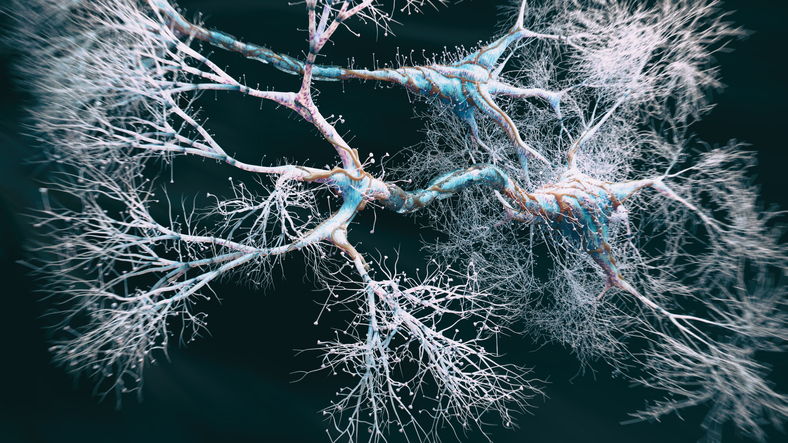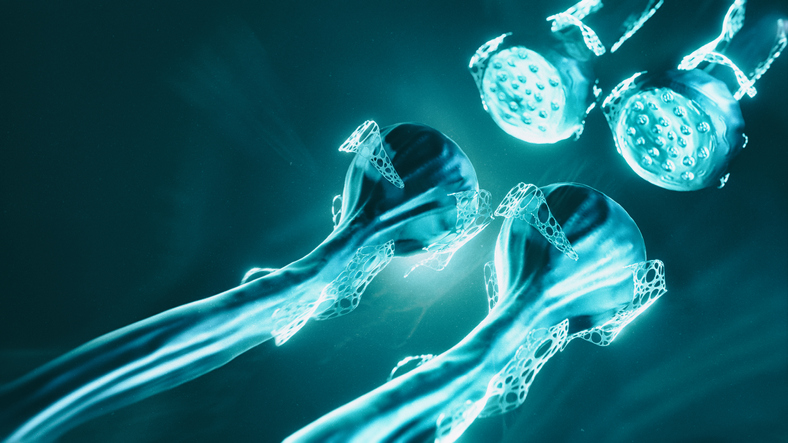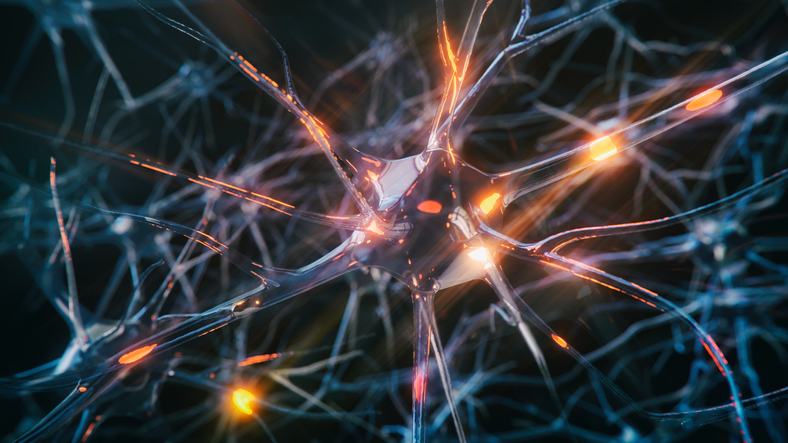Pain
What Is Progressive Muscular Atrophy (PMA)?

Progressive muscular atrophy (PMA) is a rare neuromuscular disorder that involves slow but progressive damage to nerve cells — more specifically, lower motor neurons — in the brainstem and spinal cord. PMA belongs to a group of conditions known as motor neuron diseases (MNDs).
Lower motor neurons receive signals from upper motor neurons (located in the brain) to stimulate the muscles to contract. PMA affects only the lower motor neurons; in contrast, the most common motor neuron disease, amyotrophic lateral sclerosis (ALS), involves both upper and lower motor neuron dysfunction. PMA is much less common than ALS.
PMA typically progresses more slowly than other MNDs, including ALS. However, some individuals with PMA are eventually diagnosed with ALS.
Symptoms
The primary symptom of PMA is muscle weakness. This weakness often starts in the hands and slowly progresses to the lower body, eventually affecting the torso and breathing muscles. Other symptoms include the following:
- Loss of reflexes
- Clumsy hand movements
- Loss of muscle tone
- Muscle atrophy
- Muscle twitches
- Muscle cramps
Causes
PMA is classified as “sporadic,” meaning that it does not have a genetic component. The cause of sporadic motor neuron diseases is unknown. PMA may be linked to environmental factors, such as exposure to toxins or viral illnesses, but more research regarding potential causes is needed.
Risk factors
The majority of PMA cases occur in males. It is considered an adult-onset motor neuron disease but typically develops earlier in adulthood than other MNDs.


















